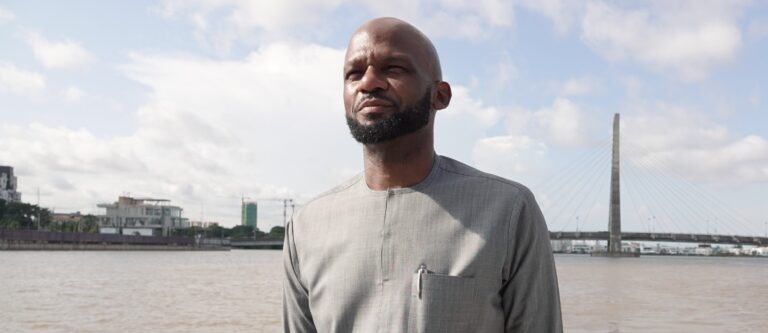Soji Maurice-Diya, the Chief Executive Officer of Nigerian Telecommunications Limited (ntel), has unveiled a comprehensive roadmap for the company’s re-entry into the market, positioning it for a digital comeback driven by innovation, youth inclusion, and strategic industry collaboration.
Speaking at the Technology Times Thought Leadership Series, the ntel boss outlined plans for the once-dormant national carrier to re-emerge by the first quarter of 2026.
Maurice-Diya described ntel’s return as a light digital play, focused on targeted engagement rather than battling incumbents for mass subscribers. This approach includes a Niche Market Strategy, where ntel will focus on creating very niche products to serve a small subset of the market extremely well, based on the belief that there is significant room for innovation that hasn’t yet occurred.
Additionally, a key pillar of the strategy is Youth Inclusion, which involves tapping into Nigeria’s young population, with millions turning 18 annually; by developing digital-first services that resonate with their lifestyles, ntel aims to build loyalty and grow with this demographic.
The CEO emphasized that ntel’s success, and that of the broader industry, relies on deeper partnerships and supportive government policy. Specifically, Maurice-Diya called for greater synergy between the telecoms and financial sectors, predicting that future growth will depend on this convergence, as telcos must evolve beyond connectivity to become digital platforms that unlock opportunities in areas like fintech, health-tech, and ed-tech.
Furthermore, he urged regulators to maintain a delicate balance between oversight and innovation, advising them to monitor emerging technologies and intervene only when necessary to curb excesses, rather than stifling progress with pre-emptive restrictions. Finally, he called for a level playing field in the market, noting that fair competition encourages innovation and invites new entrants that expand consumer choice.
Maurice-Diya addressed persistent industry challenges, stressing the need for long-term sustainability, insisting that long-term sustainability is predicated on the localization of technology, infrastructure, and human capacity, and commended initiatives like the 3 Million Technical Talent (3MTT) programme for building a skilled digital workforce.
To attract capital, he stated that global investors will back the sector if they see long-term value and policy stability, and recommended further tax incentives tied to long-term commitments and a fairer revenue-sharing formula with other sectors benefiting from digital transformation. Regarding infrastructure, Maurice-Diya noted that government investments in new rural towers and the national fibre-optic project provide fertile ground for telcos like ntel to re-enter the market with innovative services, adding that ntel itself plans to leverage its existing legacy infrastructure to support industry-wide capacity-sharing.
In summary, ntel’s resurgence will be built on its legacy, but executed with a modern, youth-focused, innovative, and collaborative approach to make a significant, differentiating impact on Nigeria’s digital future


